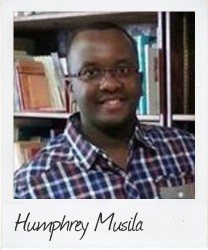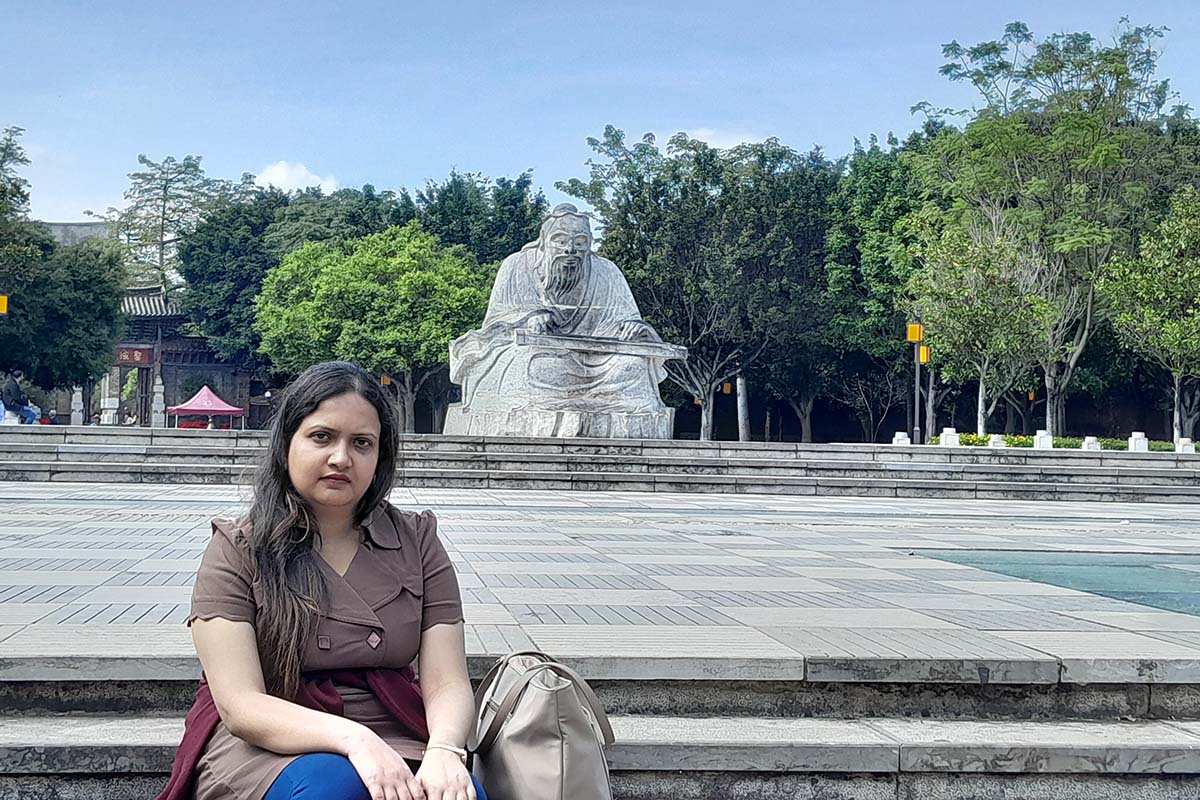“Making headway in fighting world hunger”
February 15 Concerted effort to reduce world poverty has made an impact, writes Humphrey Musila, 25, a Correspondent from Kenya now studying in the United States, who traces links among poverty, education, and hunger.
Concerted effort to reduce world poverty has made an impact, writes Humphrey Musila, 25, a Correspondent from Kenya now studying in the United States, who traces links among poverty, education, and hunger.
The world has achieved a lot in combating poverty.
At one point, more than a billion people lived in extreme poverty worldwide. Under-nutrition due to challenges in public health was a key challenge for the last forty years or so. Food security, lack of jobs and education, and gender inequality are all challenges that have contributed to extreme poverty around the word. The journey has not been without obstacles. According to World Bank figures from 2012, 12.7 per cent of the world’s population lived at or below $1.90 a day. That’s down from 37 per cent in 1990 and 44 percent in 1981.
Since the puzzle is being solved, we ought to ask ourselves what lies next for the nations and the world at large?
It is imperative to re-examine how the World Bank is taking measures to challenge the narrative on eradicating poverty. One of the key contributors to poverty is education. The World Bank has been able to flex muscle and take initiatives towards investing in the education sector. I remember when I was in primary school, teachers were in adequate and yet the students were thirsty for education. Thanks to World Bank we have more trained teachers able to meet the high demand of students.
Most students skipped school due to poverty, and in a real sense they had no option but to skip classes. Through poverty eradication programs we have seen more students attend school. Students were offered innovative incentives including helping with cash to attend school. It is a two way street in that kids have gone to school, got education and jobs, and are now living without poverty.
Due to the quality of education spearheaded by the World Bank, I was able to make a difference in the society. Before I left for further studies, I was instrumental in establishing the first community library in my home village. A few years later, I launched a social enterprise named ‘African Tutor’, aimed at empowering the young people in Africa by providing academic resources and other opportunities online. World Bank programs enabled me to gain education that not only leads to learning skills but also enables learners to utilize the skills and knowledge gained in school to make a difference in the society.
Hunger is something that most countries in the world at large have experienced. Have you ever gone to school without having eaten breakfast or skipped lunch, not because you were fasting but because of lack of food? That is what most of my fellow school mates went through. Were it not for cooperation among the international community, perhaps there would not have been solutions for the high rates of hunger experienced around the globe. In addition, the World Bank so far has been able to fight poverty through support of the agricultural sector and boost to food security. It ensured funding towards implementing agricultural projects and providing countries with grants and finance.
It would be wrong for me not to compare and contrast how life was when I was growing up and going to school with the current situation. Back in the days most of my classes had a representation of at least over 80 per cent boys and the rest girls. This is the trend that continued even when I enrolled for high school. Having been born and raised in Kenya, I never witnessed gender equality. I can now reflect on the strides made in ensuring that our women and girls get quality education. We have also seen women take leadership roles in political participation and in private and public sectors as well. As well, there has been a proper strengthening of nutrition, disease prevention and maternal health programs. Thanks to the First Lady of Kenya, Mrs. Margaret Kenyatta for her leading role in raising funds through her project ‘Beyond zero campaign’ to aid in maternal health care for our women. With a maternal mortality rate of 488 deaths per 100,000 live births, Kenya is off track in achieving the UN Millennium Development Goal numbers four and five.
On the other hand, many lives of children have been saved. Diseases such as malaria, diarrhea, malnutrition, aids and tuberculosis have been a big challenge for the World Bank to handle. Imagine a child in Zimbabwe, Haiti or Afghanistan dying as a result of malaria or aids? It hurts to lose a single life in such circumstances. The World Bank continues to strengthen our health systems, especially in Africa. We have seen over the last years major immunization programs.
Truly, the journey was not without obstacles, such as lack of accountability by some countries and international agencies in implementing the goals. Corruption in government offices is like a disease by itself. I would propose the next 30 years for governments to continue implementing these goals and ensure that the next generation to come, perhaps in 2030, will continue enjoying a world free of poverty.
Lastly but not least, World Bank continues to make history across the globe, that of eradicating poverty through their vision 2030. Through my education initiatives such as ‘African Tutor’, which empowers African youth through education, I look forward to continue being part and parcel of vision 2030.
photo credit: fresh market via photopin (license)
…………………………………………………………………………………………………………………
About me: I’m studying Political Science and Peace Journalism in the United States, and am the founder of African Tutor – an online platform assisting student academics and providing tutor jobs for graduates.
I’m an Alumnus at Coro Kansas City internship (USA) – a highly intensive top ten nationally ranked internship program in public affairs. I am passionate about youth and global affairs, social media marketing, research and writing, education, youth empowerment, public policy and information technology.
…………………………………………………………………………………………………………………
Opinions expressed in this article are those of the author and do not necessarily represent the views of the Commonwealth Youth Programme. Articles are published in a spirit of dialogue, respect and understanding. If you disagree, why not submit a response?
To learn more about becoming a Commonwealth Correspondent please visit: http://www.yourcommonwealth.org/submit-articles/commonwealthcorrespondents/
…………………………………………………………………………………………………………………




